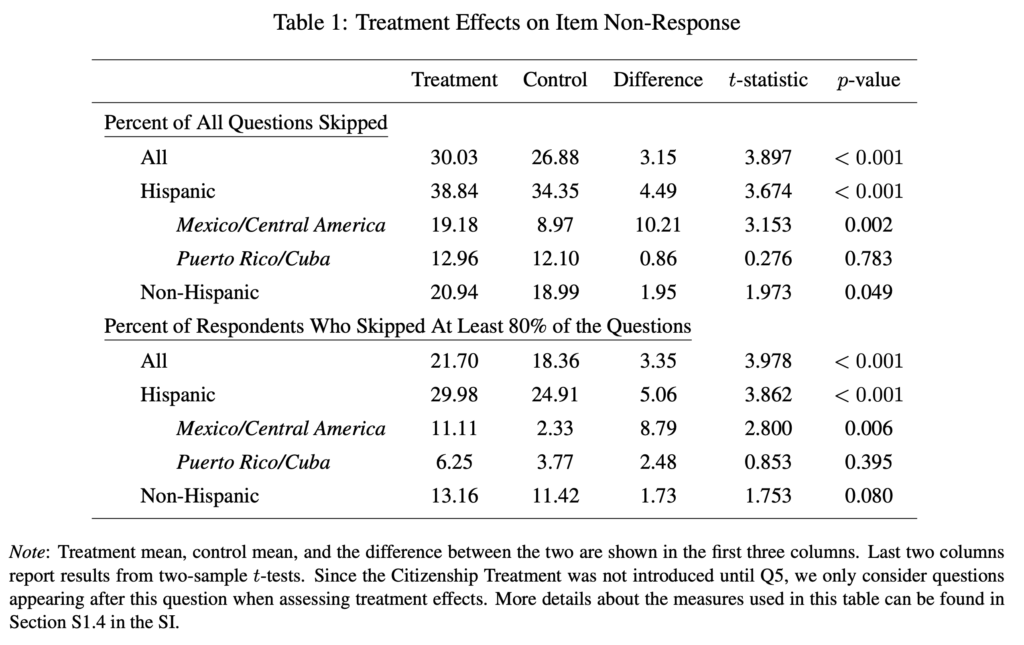There are too many lawyers on the Supreme Court

It’s common around there to argue that the Court should have more people who didn’t attend elite law schools. I agree. I also agree that presidents should, as they once did, seriously consider people with experience in political office for the Court.
That’s not what this post is about.
As readers of Lawyers, Guns and Money are undoubtedly aware, the quality of historical analysis and causal reasoning in important SCOTUS decisions ranges from mediocre to appallingly bad.
The fact that a majority of the Court is composed of results-oriented, overtly partisan, and disingenuous hacks undoubtedly makes things worse; it is possible to find decisions in which the historical analysis is acceptable.
But it’s problematic, not to say embarrassing, for a body that wields so much power to so routinely make judgments on matters that are clearly far outside its competency – especially when it increasingly refuses to extend deference to branches of government that employ policy, scientific, and social-scientific experts.
Perhaps this is all hyperbole. Perhaps the problem boils down to the specifics of the current Court. Fine. Let’s consider the other side of the coin: how important is it that justices have i) a professional degree and ii) professional experience in law?
The Court obviously deals with many issues where practical knowledge is useful, yes? No question. But if this were an important criteria for serving on the Supreme Court, one might expect a bit more diversity in the employment histories of justices. These days, very few have significant experience in private practice, as public defenders, or as prosecutors (correction). Moreover, the breadth of matters that the Court deals with places hard constraints on the usefulness of any specific are of legal experience.
How important is a legal education?
You tell me.
I am skeptical that a JD provides any skills that are i) necessary for the duties of a justice and ii) cannot be acquired via other means. To the extent that either of those propositions are correct, I’m not sure that the marginal value to the Court of each additional lawyer outweighs the marginal value of adding historians, social scientists, or scientists.
Maybe that requires a more collaborative approach to how the Court adjudicates cases.
Maybe that would be a good thing.
What say you?


